What does it mean to live a more sustainable lifestyle?
This is a question Maša, and I have been asking ourselves over the years. Since 2014, we’ve primarily focused on pairing down and giving up the consumption of animal products. We’re proud of these personal developments, but it’s just a few aspects of what it means to consume mindfully.
As described by Wikipedia, sustainable living describes a lifestyle that attempts to reduce an individual’s or society’s use of the Earth’s natural resources, and one’s personal resources.
On the surface, it can be incredibly daunting to reduce your environmental footprint, especially when you see that others around you are not doing their part. But when you break it down into small steps, you realise you have more power than you thought.
To make sustainable living more accessible, we’ve created a list of over 100 tips to help you live greener and happier. We’ve broken down the actions into areas that represent our lives.
You may already be doing a few of these things, or perhaps all of them, which is fantastic! But hopefully, you’ll pick up some opportunities to do your part to help mother nature.
Note: this post was initially published on February 17, 2016, with 50 sustainable lifestyle tips. We’ve learned a lot since then and wanted to make this content relevant to today—thus the number of tips more than doubled in size.
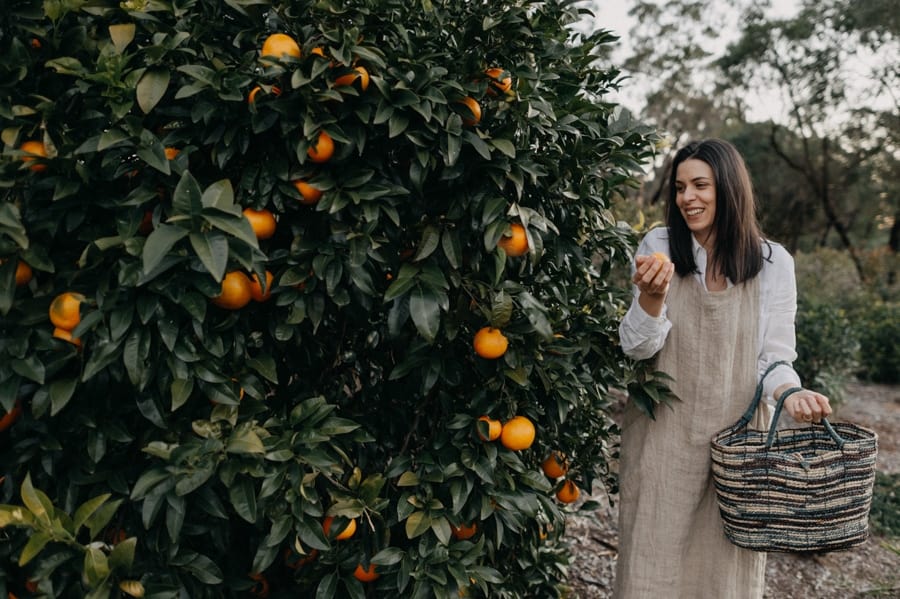
This post may contain affiliate links, for which we earn a small commission at no additional cost to you. Read our full disclosure here.
Also, if you’re interested in podcasting, we recorded an episode breaking down some of these tips and how we’ve personally applied them to our lives.
Let’s get into the tips.
Sustainable living around the house
- Use LED lighting or CFL bulbs instead of incandescent lighting as it’s proven to last longer, which reduces the need to keep purchasing light bulbs.
- Put on an extra layer of clothing instead of turning on the heating. Seriously, doubling up on your socks does wonders!
- Open up your blinds and use as much natural light as possible before switching on your light bulbs. You all get to enjoy some more sunshine 🙂
- Turn off your lights when you leave a room.
- Put a no junk mail sign on your letterbox to limit the amount of paper waste.
- Hang your wet clothes on a drying line or rack instead of using a powered dryer.
- Hand wash your clothes, particularly if you only have a few items to clean.
- Start timing your showers. Or better yet, invest in a shower timer.
- Grow your own herbs, fruit and vegetables even if it’s just a few pots around the house, it all helps!
- Turn off your device at night, including your wifi box.
- Get a water-saving showerhead.
- Use organic fertilisers.
- Purchase recycled toilet paper with plastic-free packaging.
- On the topic of toilets, use scrap paper, newspaper, or toilet paper to collect pet poo.
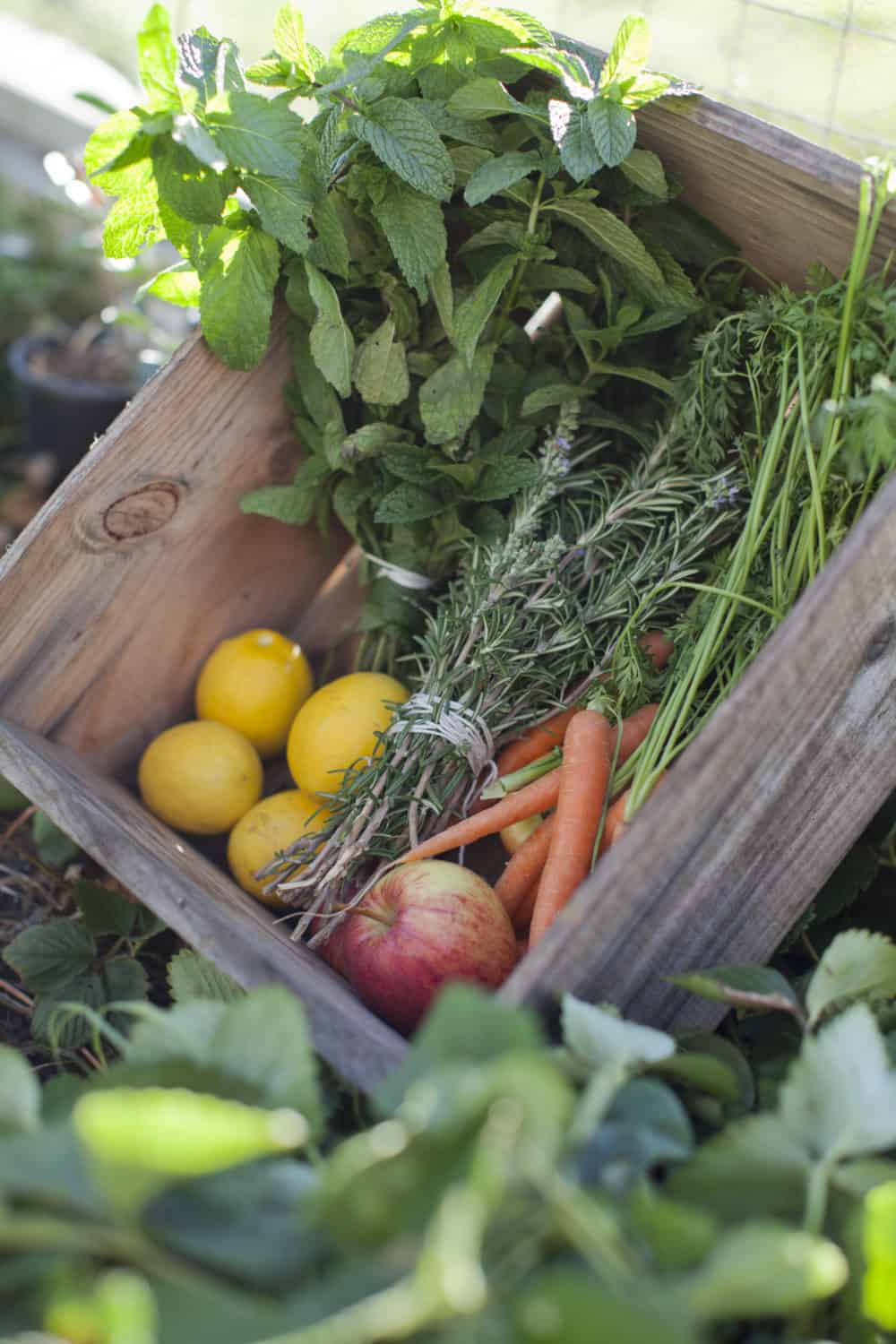
Sustainable commuting
- Buy a second-hand bicycle and start using it to commute everywhere.
- Take the stairs over the elevator. This also doubles up as a leg workout.
- Use public transport. It’s also an excellent opportunity to catch up on reading and other things you couldn’t do if you were driving. Listening to our podcast is a great way to pass time 😉
- Organise carpools for work, sports, events and other activities. There are some services where you can find people to commute with for interstate travel.
- If available, use rent-a-bike services in your city.
- Ditch your car and embrace car-free living.
- But if you’re in the market for a new car, invest in electric-powered vehicles.
- Reduce the amount of time you spend taking flights. Positive fact, some airlines are trying to implement zero-waste practices.
Sustainable grocery shopping
- Don’t use plastic bags at checkout. Instead, take your own bags for groceries.
- Buy your produce in bulk from your local farmer’s markets.
- Avoid buying plastic-wrapped products and opt for a paper bag instead.
- Stop buying bottled water!
- Shop at bulk food stores for any goods. Better yet, take in your own jars.
- Take your own paper bags or a container when buying fresh bread from a bakery.
- Bring your own containers to the deli.
- If you drink beer, take a growler to your local brewery.
Sustainable fashion
- Buy second-hand clothes where possible.
- Become a minimalist and take the 333-time capsule challenge.
- Invest in better quality items that last longer. Slow fashion trumps fast fashion.
- Support fashion brands that are ethical and environmentally conscious.
- Learn how to find sustainable materials when shopping.
- Reduce how frequently you wash your clothes.
- Repurpose old clothes as rags or donate them to a local mechanic if no longer wearable.
- Acquire basic sewing skills to patch holes and sew buttons back on. Or if you have a bigger job, take it to an alterations shop.
- Transform old clothes into new garments. For example, a dress you don’t wear can be turned into a top and skirt.
- Shop at sustainable clothing outlets that offer post-purchase repair services.

Go paperless
- Opt to receive digital letters and notices.
- Send electronic wedding invitations.
- Read this article on how to use an app to scan and organise all of your paperwork.
- Ask suppliers to email you a receipt instead of printing one out for you.
- Use your phone, tablet or computer for note-taking.
Sustainable office
- Collect scrap paper in a tray.
- Turn off your computer before leaving work.
- Get rid of your home printer. This will encourage you to seek a printer when you absolutely need it.
- Unplug workstations from ports overnight to reduce phantom power.
- If you need business cards, use an eco-friendly printer.
- Add small pot plants to your workspace.
- Always use double-sided printing where possible.
Sustainable baby items
- Switch to cloth diapers.
- Use stainless steel drink bottles (or at least plastic-free).
- Get a wooden baby teether.
- Use reusable nursing pads.
- Look for wooden baby rattles.
- Use eco-friendly (plastic-free) bibs.
- Source second-hand toys or join a toy library.
- If you are buying toys, find toys made from natural fibres.
- Use dummies/pacifiers made from natural rubber.
- Use coconut oil as a diaper balm.
Sustainable kitchen
- Juice the off-cuts of your vegetables and fruits.
- Repurpose glass jars.
- Use washable metal straws instead of disposable plastic straws.
- Limit the use of hot water when hand washing dishes.
- Use cloths instead of paper towels.
- Make your own coffee instead of buying takeaways.
- Ditch your bin liner or use a newspaper instead.
- Start composting. Here’s a guide to help you get started.
- Use a dishwasher instead of handwashing.
- Try making homemade cleaners.
- Reduce your food waste by eating only what you need.
- Invest in a pressure cooker and reduce your cooking time and energy used by 70%!
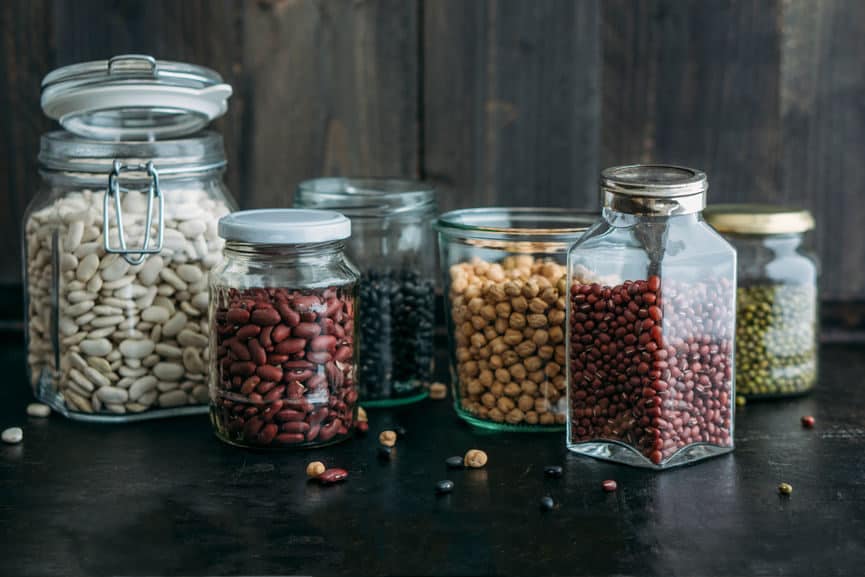
Sustainable beauty
- Go makeup-free for one week each month.
- Limit the amount of water you use to brush your teeth.
- Make your own face cleanser and scrub. Check out this super simple 2-ingredient body scrub recipe.
- Use reusable cotton pads to remove your makeup.
- Don’t leave the water running when cleaning your face.
- Consider using shampoo bars to reduce packaging.
- Read labels for toxic and harmful chemicals.
- Share products with your family, e.g. deodorant, shampoo etc.
- Use multipurpose bathroom products.
- Buy bigger bottles less often, as opposed to smaller bottles more often. It also works out to be cheaper.
- Use body scourers made from natural materials over plastic ones.
- Donate used and unwanted products to places like Project Beauty Share.
- Use reusable pads or menstrual cups.
Sustainable gifting
- Save gift bags and boxes for future use.
- Give people experiences instead of things.
- Create and send a thoughtful video.
- Make a hand-written note from recycled materials.
- Donate to a charity or cause instead of giving a gift.
- Make jewellery, hats, scarfs, from existing materials.
- Offer to babysit.
- Make a home-cooked meal or bake a cake.
- Many sustainable gifts also happen to be minimalist gifts. Check out our minimalist gift guide for more ideas.
Read more: How to Graciously Handle Unwanted Gifts as a Minimalist
Sustainable technology
- Use solar energy charges for your smartphones and tablets.
- Use rechargeable batteries where possible.
- Recycle your device when ready to dispose of.
- Donate your old devices to schools and other institutions.
- Use e-waste recycling programs when disposing of your electronics.
- Switch to cloud computing and move away from physical hard drives and servers.
- Get your devices repaired instead of buying new ones.
- Switch to a sustainable search engine like Ecosia. They use some of their profits to plant trees, and they run on 100% renewable energy.
- If you do need to buy new appliances, look second hand first.
- But if you can’t find something second-hand, buy energy-efficient technology.
Sustainable lifestyle
- Spend more time outside.
- Eat more whole foods. Better yet, go vegan!
- Become a member of your local food co-op.
- Plant a tree with someone.
- Borrow books from the library instead of purchasing them directly.
- Read your favourite newspaper publications online instead of reading the paper versions.
- Create a video, a slideshow or a blog post of how you implemented these ideas and publish them publicly.
- Regularly prepare home-cooked meals and save on takeaway storage containers.
- Adopt pets instead of buying them from a breeder. There are so many orphaned pets out there who need a family. And the same can be said for children!
- Stop accepting disposable cutlery and napkins.
- Have a sniffle? Carry around your own handkerchief instead of using disposable tissues.
- Use stainless steel drink bottles.
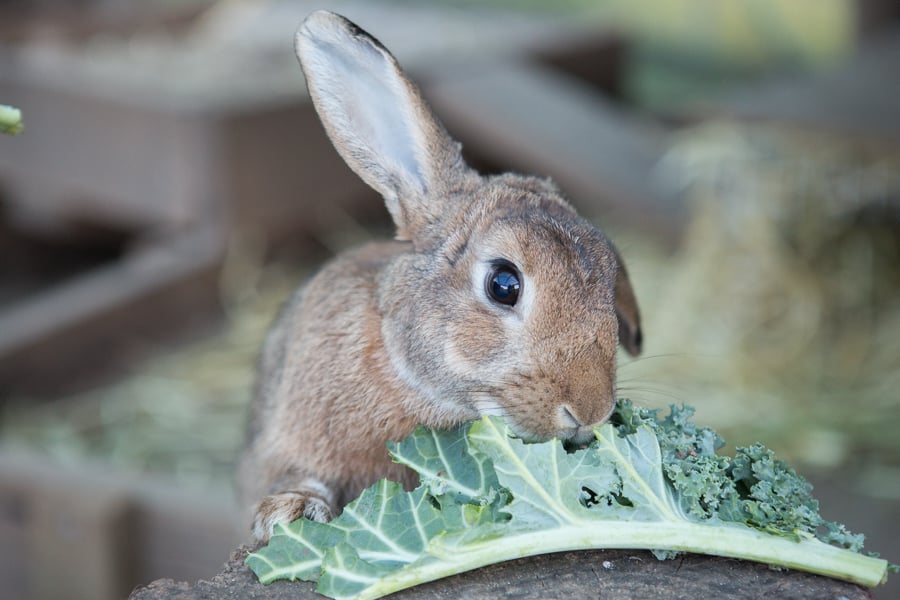
Do you have any more simple sustainable lifestyle tips?
If you do, make sure to add your voice and experience in the comments below.
Read more => Minimalism Books
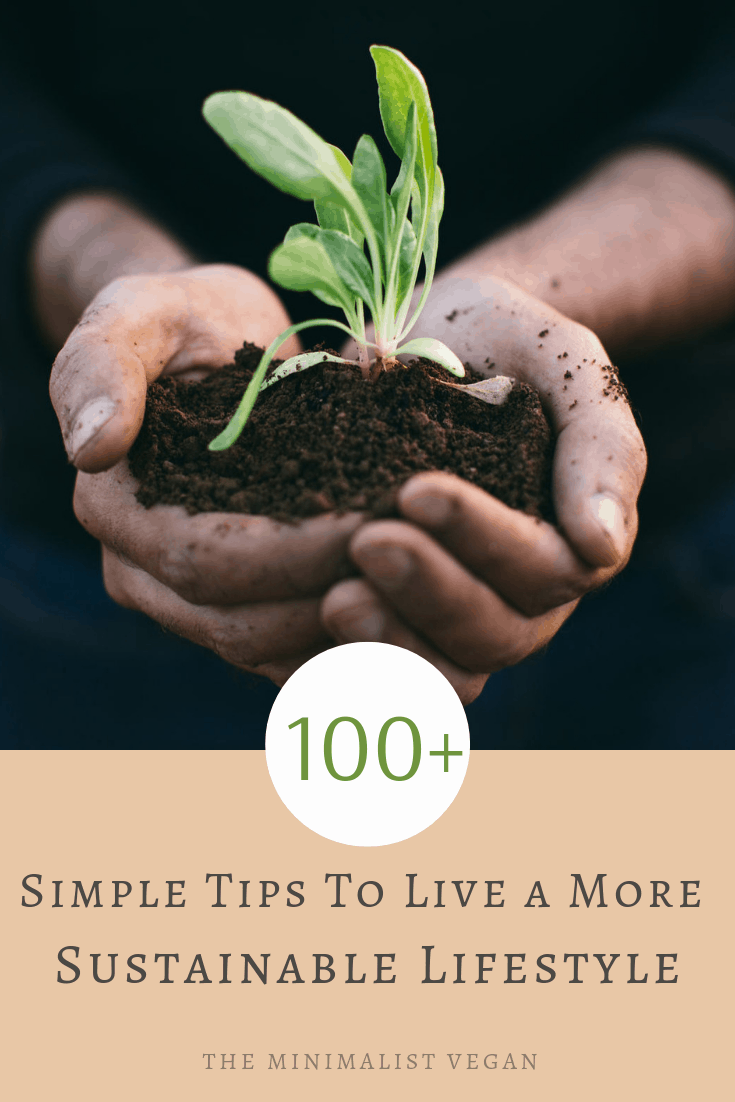

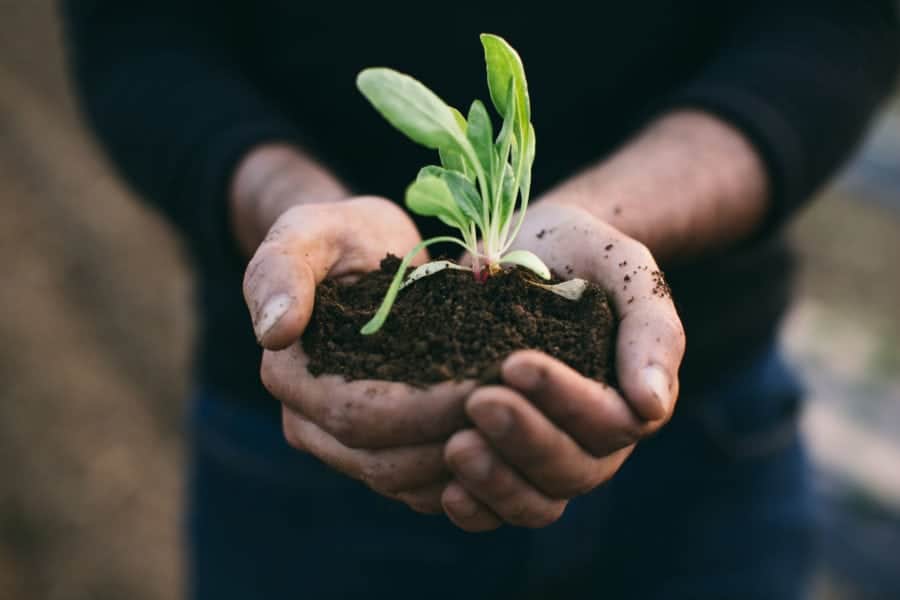
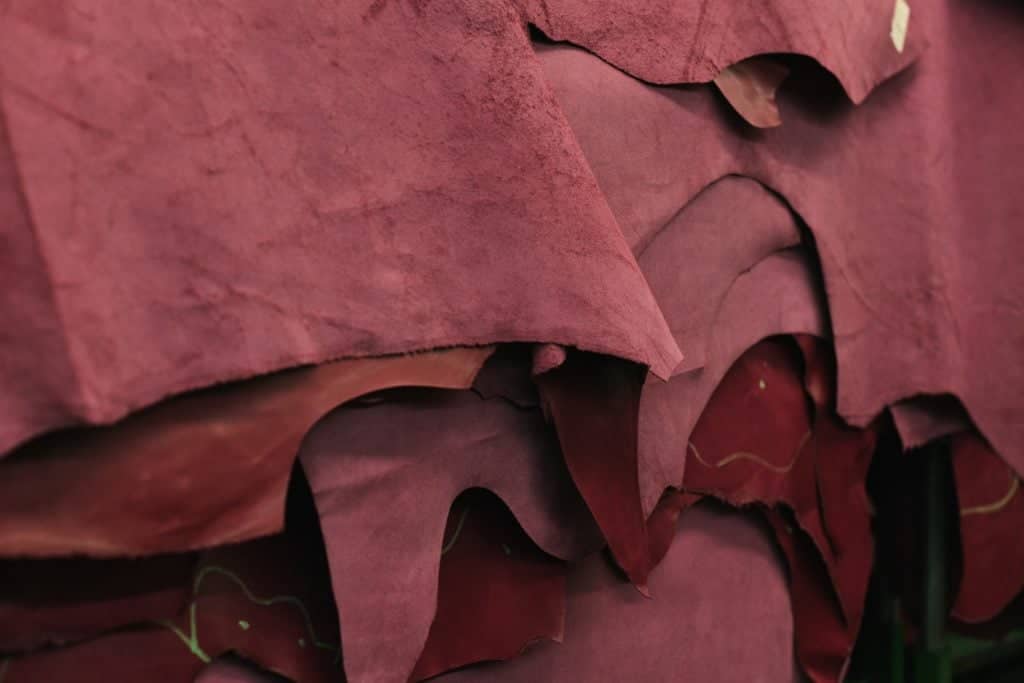

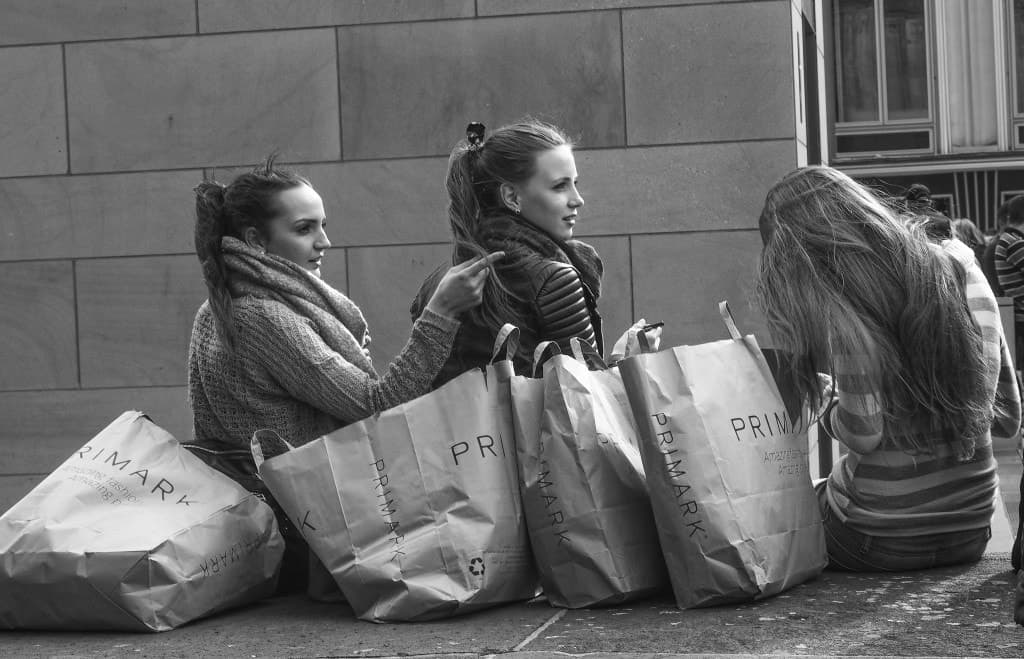
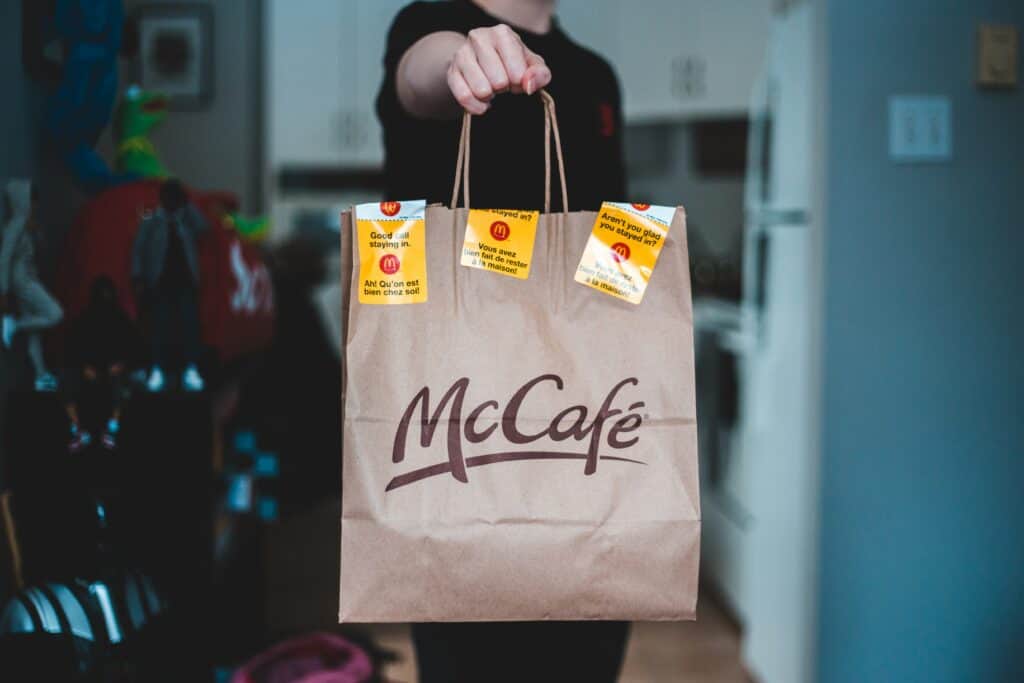
Hey there,
as much as I enjoyed reading through your list I need to point out a few things that are misleading if not completely wrong. Best example keeping your pets (Carnivores) on a vegan diet is contra-productive if not dangerous. Yes, cats cant go on a vegan/vegetarian diet at all and dogs shouldn’t either without supervision from a veterinary-trained nutritionist.
Some tips from your list can easily implemented like avoid using singe plastic (cutlery, napkins e.g.) but others can’t unfortunately.
As much as I would love to see myself avoiding plastic bottles for water – I simply can’t due to water quality in my region. Biking/commuting to work can also be a challenge if you are living in rural areas (like in the middle of nowhere) where it is a must to have a car.
I still appreciate a lot of the suggestions you made and hope it will help others adjust their lifestyle to a more conscience one. Everybody needs to pinch in if we want to keep our planet alive!
Hi, Christine thanks for your input here.
There’s lots of evidence both ways regarding a plant-based diet for pets so I wouldn’t say this topic is black or white.
We also recognise that there are limitations based on where you are in the world, so thanks for sharing a different perspective.
You’re right. It’s a collective effort!
Many great ideas! The one about not having your own kids shocked me though. My husband and I were facing infertility for many years so I learned about adopting. First and most important: There is no universal right or wrong when it comes to such a personal decision. Everyone has to decide for themselves if they are willing to give up having kids because of whatever reason (kids are the biggest CO2 factor, there are many kids that need to find a home, …) Nevertheless, I found on my way many good sources suggesting that adopting is actually not a good approach since you help one child instead of being part of finding a solution for a much bigger problem. It’s the old give a fish or teach someone how to fish story. Nevertheless, I would not agree with having kids or not should be a decision of sustainability. If having your own children fills you with joy and love which you give to your kids, which the kids then bring into the world – then hell go for it!
Hi Caitlyn, we can understand your position of combining having kids with sustainability concerns. It’s an intricate subject with lots of considerations. So we appreciate your perspective as I’m sure it will be valuable to others who are in a similar situation. Thanks!
Great tips! I’m sad that the grocery stores in my area won’t let us bring our own bags any longer. Even the local co-op stopped using the bulk bins – everything is individually packaged in plastic bags. Thrift stores are all closed, and I miss them. Do you believe that working from home is good for the environment? I’ve had to buy less beauty products and work clothes since the lockdown, and I love it.
Hi Sally, sorry we’re just catching up on comments. What!!? That’s quite unbelievable that stores in your area won’t let you bring your own bags.
Regarding working from home, I’m not sure yet. I agree that people aren’t consuming or commuting as much. But the internet and logistic companies are seeing unprecedented growth which means negative impacts in freight and data centres. But hey, like you, we love the convenience of working from home!
Hi Aaron, I’m so glad you found this post useful. It’s inspiring to see you turn this situation into an opportunity to practice sustainable living. You’re living with incredible intentionality, and your approach is a good reminder as to how we can all be more tactical with how we live during these times. Thanks!
The general idea is to live with very very, little plastic, sharing everything including the car, and generally expecting much less. We are still so much more fortunate than our forebears of the ‘40s, because we have televisions to broaden our horizons and computers to read and research and email our friends . It is enough! We must expect to accept our lives, within reason, including its sadnesses, and to help others. I think we have a right to be loved, but not much else!
What a perspective! Thank you for sharing. You’re right, we’ve gone too far, and we need to do a lot of rewiring.
Hello Michael! Thanks for the great list. I personally believe that people themselves can discover new ways to live sustainably if they putting the environment over ego and people over products. We all need to adopt this Buddhist philosophy in life and everything will fall in place.
You’re welcome 🙂 I couldn’t agree more!
Hi Zafira, thank you for reading my post and taking the time to provide constructive feedback.
The point of this post was to highlight controllable things individuals can do to live more sustainably. I understand that these tips are not universally relevant or applicable, but I don’t believe any article is.
Addressing issues of systemic change for a more sustainable future is a vast topic that would need many articles to cover over time. You make some valid points regarding policy, and no doubt, that’s where most of the progress will be made.
Both individual and systemic change is needed and urgently. But the topic of this post is about individual actions.
Hi Amanda, thank you for sharing your wonderful and practical tipis to live more sustainably. There are some things that you do that I would never have thought of, e.g. using the shower water while it warms up. Very creative!
I would like to add that the investment of organic and local produce is an important factor as well. What you choose to consume, how it is grown, and where it comes from plays a key role in making your life more sustainable. 🙂 Great post, you guys! Thanks for sharing.
Hi Jessica, we couldn’t agree more! Thanks for sharing 🙂
Great suggestion!
Thanks for sharing Winifred 🙂
I love your article…
I try to use homemade cleaning substances such as vinegar & water in a spray bottle to clean glass. I brush floors sooner than hoover them. I manually mop floors rather than steam them. Do not use any kind of wipes household or cosmetic. Earlier to bed on cold nights with curtains closed. Sleep in soaks. Sunday meal, I make double, plate for Tuesday evening supper. Buy generic medication such as paracetamol rather than branded goods. Recycle my magazines by donating to gp surgery/dentist for waiting room areas. Don’t use cling film. Microwave to heat up rather than using cooker job/oven. Make sure I use the right size saucepans for the cooler burner. Switch heat off a few minutes earlier as the contents of a pan continues to cook afterwards. Use lids on your pans at all times and turn down the heat. Use oven heat to warm the room after baking (leave oven door ajar). Hand down clothes to family/friends. Cut/trim your own hair. Donate to a charity rather than buy & send Christmas cards. Use rolls of brown paper & string to wrap presents & draw nice designs on the paper to make it special. Re-use wrapping paper & ribbons. Convey broaches into necklaces. Re-bead several necklaces to make a new version. Have your own style, don’t follow fashion. Make up a plain outfit with a colourful scarf. Share plant cuttings with neighbours, family & friends. Bake cookies/cakes for gifts. Pick flowers from your garden to present posies to loved ones. Drink tap water not flavoured drinks. Make your own ice cubes. Make smoothies with old fruit. Wash zip-lock bags and re-use. Use greaseproof paper to wrap up your lunch. Pick sloes and make your own gin. Slice autumn apples & freeze them. Freeze sliced loaves, snap-off required slices as and when needed. Simmer chicken carcas to make healthy chicken broth for soup. Feed veg peelings to your chickens (not potato peelings though). Good luck good people ! DR
Hi Dawn, wow thank you for sharing all the things you do you live a more sustainable lifestyle. You’ve added a ton of value to this post! 🙂
One I like is to print multiple pages per page. An 8 page printout becomes 4 pages. And if you print on both sides of the paper 8 pages becomes 2. Doesn’t work for everything, but I do this for a lot of things…
Excellent point Matt! So simple, but can make a big difference 🙂
Love these!
If I could add some:
– kitchen/bathroom sponges are made of microfiber which is terrible for the oceans and the environment in general. Buying sponges constructed of plant material is much better.
– oiling your hair with helpful oils instead of conditioner (See: argon oil, almond oil)
– you can save the plastic bags you do end up with and reuse them
– cardboard you end up with from shipments and product packaging can be repurposed into your garden
Lots more, but I loved your suggestions!
I would though like to point out that a few of the suggestions you left aren’t particularly safe or good for you, for example:
-Shampoo and soap bars dry out
your skin, the majority of them use chemicals to make them into bar form that aren’t good for your skin.
– Different parts of your body need different care, and multi use products are not nearly as healthy as specialty products. You don’t need to go fancy, but don’t use the same soap you use on your body for your hair. Your face and genitals need their own special soaps with a different chemical composition.
– DIY skincare is a bad idea. Dermatologists, estheticians, skin care consultants, ect. warn against it strongly. The reason why is because the products that one uses in DIY are unstable and while on the first use they may be fine, by the time you get a few uses down the line, their chemical composition has changed and is no longer safe. Skincare and beauty products are made in labs where the raw products are manipulated chemical composition wise to become more stable, and preservatives are added. Preservatives are essential to any sort of skincare, and while they aren’t great for you, using a product without them is worse for you. There are also many things that are used in DIY skincare that aren’t safe for the use they’re put to. The vast majority of essential oils, for example, shouldn’t touch your facial skin. Citrus is very damaging. Scrubs like coffee scrubs make microtears in your skin that let in bacteria. Ect.. Its best to research and buy from brands that ethically source their ingredients and don’t formulate with things that are dangerous to you.
– Unless you are a scientist who specializes in the field, you have no idea what species of mold has grown on the food you have, and are cutting off. Juicing these moldy bits is asking for trouble, as while many molds can be consumed by humans, others are extremely dangerous, and you can’t know which is there.
Hi Parker, thank you for your suggestions and feedback. It’s given us some food for thought!
Love those tips, really helpful!
I would add a whole section on finances (I’m often surprised people don’t think about this, they end up making a lot of changes in their lives but their money is being used to finance the oil industry…). You can change to an ethical bank (which typically also means more environmental friendly). I’m using Triodos Bank as I’m in the UK but there are various options depending on where you live. For people living in countries where you don’t have a state pension, you should try to find an ethical option (pension providers are increasingly offering this and there are more and more ethical funds options out there – do check what they actually do as some appear to be using this for PR more than anything else). Also switch to a green energy provider to start with (and then implement all the options you’ve listed).
Great job!
Hi Dominique, what an excellent suggestion regarding finances and energy providers. I’ll be sure to include your tips in the next edit. Thanks for sharing 🙂
The blowing your nose thing, blowing your nose into your hand then simply washing your hands under a tap. No more red sensitive nose, expansive tissues, better for the environment. <3
I love this! I’d like to see an added section for pets, though. I know I could switch to cloth/reusable bedding for small pets (guinea pigs, rabbits, etc.), but I’m interested to hear any other ideas. What do I do about litter boxes? Are there bulk pet food places? Are some toys more or less sustainable than others? I’d love any advice you have, and I’m sure others would feel the same. Thank you again!
Hi Karen, I love the questions you’ve asked! I don’t have an answer right now, but I’ve noted it down for when we next update this post. We have quite a few things to add. Thanks for taking the time to write in and for thinking about others as well 🙂
Hey there! You can use wood pellet kitty litter! Here is a page on it with some sustainable solutions: https://m.petmd.com/cat/care/are-there-eco-friendly-cat-litter-disposal-options
Great article, thanks. Something great and easy to do is to move to a green/greener energy supplier.
Oh, yes, great suggestion! Thanks for sharing Rose. We’ll have to add your tip to the list 🙂
What’s the biggest thing we should change in the way we live to create a sustainable world ?
If I were to prioritise what’s on this list, I would say that eliminating single-use plastics and going vegan would have the most significant impact on sustainability. I recommend you watch a documentary called Cowspiracy if you haven’t already.
Thanks for the amazing 100+ item list! I choose to use no straws now. I like practically all the ideas but would be careful about sharing razors because of blood borne pathogens. I also make my own deodorant and keep it in a reused blue glass jar.
Ah yes, excellent point with the straws! Thanks for sharing your experiences, Rhea. I’ve removed a shaver as an example to be on the safe side 🙂
Thanks for sharing the tips and thoughts. I found from my own experience that my attempts to create a more sustainable lifestyle with drastic changes almost always failed because I couldn’t maintain them for the long haul. I recently started approaching this problem from a different direction – small incremental steps to a more sustainable lifestyle. https://www.greenalittle.com/
nice website – i am also a vegetarian! 🙂
Thanks, Ruban!
Thanks, Alex! We’ll run our eyes through the article again for grammar.
Shame the most useful tip is ranked in 56th position.
Vegans claim not to like animal suffering or exploiting animals. Well then they shouldn’t have any children (suffering is built-in and collapse is in sight because we are already about 2.5 times too many for the carrying capacity of our territory…) and it is exploitative because having children with the aim of being looked after when one is old just is a form of exploitation. It is very likely that most youngsters won’t get old anyway so they won’t need looking after, and then there is always Dignitas which is preferable than the slow, undignified exit imposed in certain “civilised” /”developed” countries.
Hi! Loved the article and I try my best to accomplish as most things on the list as a first year can, but, I do have one constructive critic to add, I can’t go vegan, my system just doesn’t mix with it (had to get hospitalized when I attempted it), it would be really thoughtful of you guys to say “Or better yet, go vegan! If you can” for I know of a few others with my situation. Sorry if I’m wasting your time and this is all sounding silly, have a nice day!
Thank you for your kind words and suggestions Paul. It’s unfortunate to hear about your situation. Just to clarify, what do you eat if you can’t eat plants at all? Also reviewing the sentence, we feel that it’s positioned in an approachable inclusive way, as we lead with whole foods and the call to action to go vegan is an extension.
Brilliant simple article which anyone can follow, anyone in the world can choose whichever of your tips to use.
Thanks, James! That’s the idea. Keep it simple while knowing you are making a difference.
Nice blog. I love reading and will do your suggestions. Thanks for sharing
You’re welcome, Marga! And thank you for your kind words.
Another tip for the list.
When your dog or cat poops in litter tray or in the garden pick it up with garden trowel and flush down the loo. It saves using lots of plastic poo bags.
Gill this is a great tip! This is definitely one we follow with our dog. Thanks for sharing 🙂
Please do NOT do this. It introduces parasites usually only found in dog and cat feces into our waterways and marine ecosystems. I’m also pretty sure it is illegal in a lot of places. An alternative would be compostable poo bags.
Great tips!
Just one question: Is there a reason you didn’t mention airplanes/flying yet? Or did I miss it? Of course it is up to everyone to decide whether or not to fly, but by reading your tips I also hope people will reconsider if and how often they want to fly.
Hi Vera, excellent point! This post post is due for an update, so I’ll be sure to include your suggestion 🙂
Thank you! I’ll send your link to some friends who also want to use less waste.
This article was extremely helpful.
Thank you for your kind words April!
Hello Michael! I’m doing some research for school on sustainable living! Would it be okay to use some of your points in my papers? (of course I will cite) I’d also love to chat with you. Would it be possible to get your email?
-MaKayla Dulaney (VCU Psychology & Sociology)
Hi MaKayla, sure thing! Our email is [email protected]
I like the article, but I was wondering what you give the dog to eat? Does he/she eats vegan as well? Is that possible for dogs and cats?
Hi Karin, we believe that dogs can be healthy vegans if fed the proper diet and monitored carefully. From the information that we have read and what others have explained, cats unfortunately cannot be vegan. We wouldn’t feed our pet what we wouldn’t eat. That’s just our opinion 🙂
Very Nice article. You have covered each aspect of life surrounding us to lead a healthy lifestyle. We have been treating our life for granted and making it full of burden without any reason. Above tips to including in our daily lifestyle helps to lead us a balanced life.
Thank you for your kind words!
Loved the article! Think people should be writing more content like this, i’ve new to blogging and have recently written an article on sustainable lifestyles, https://earthflo.com/sustainable-lifestyle/ would love it if you check it out, we talk about a lot of the same things 🙂
Thanks, Jacob 🙂
Thanks Abeeda 🙂
Great article, but as an animal lover and vegan, I would never think of “breading” my pets (or breeding
them either). I love them too much!
Hi Cathie, breading your pets would be interesting :p thanks for picking up our typo! All fixed now 🙂
What an awesome subject, with fantastic tips. I love that you guys are writing about being resourceful.
Thanks Trinity! It’s an area we definitely want to explore more in the future.